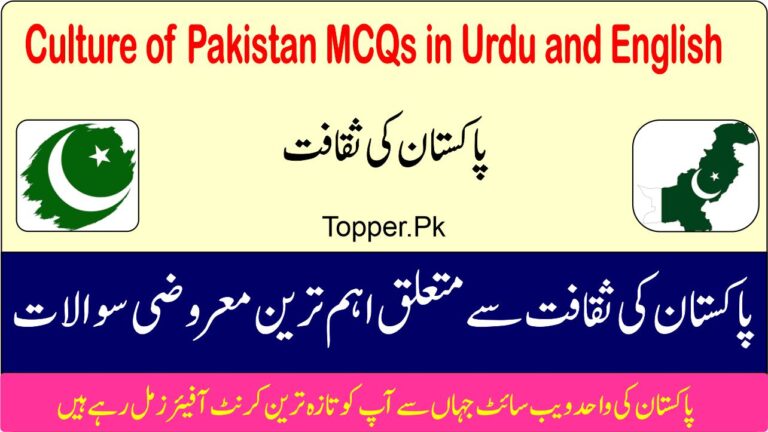
Computer General Knowledge MCQs for Every Competitive Exam in Urdu & English are essential for candidates preparing for a variety of exams, including government jobs, Wapda, FPSC, PPSC, and more. These MCQs cover topics like hardware, software, programming, networks, and computer history, providing a solid foundation in computer literacy. Designed to help learners in both Urdu and English, these MCQs ensure that every candidate, regardless of language preference, can prepare effectively for their exams.
To access high-quality Computer General Knowledge MCQs for Every Competitive Exam in Urdu & English, visit topper.pk and boost your preparation with reliable and up-to-date resources!
Most Imp Computer General Knoweldge MCQs with Answers
Answer and Detail
Detail: China has the largest number of internet users in the world, with over 1 billion users (as of 2023). The country has a rapidly growing digital ecosystem and widespread internet penetration.
Answer and Detail
Detail: Computers calculate numbers in binary mode, which uses only two digits, 0 and 1. Binary is the language of computers, enabling them to process and store data efficiently.
Answer and Detail
Detail: A byte consists of 8 bits. This is the fundamental unit of digital information used to store data in computers and other digital devices.
Answer and Detail
Detail: Douglas Englebart invented the first computer mouse in 1963 at the Stanford Research Institute. The device was a wooden shell with wheels, designed to make human-computer interaction easier.
Answer and Detail
Detail: Charles Babbage is known as the father of the computer for his conceptual design of the Analytical Engine in the 1830s. This mechanical device is considered the first model for a modern computer.
